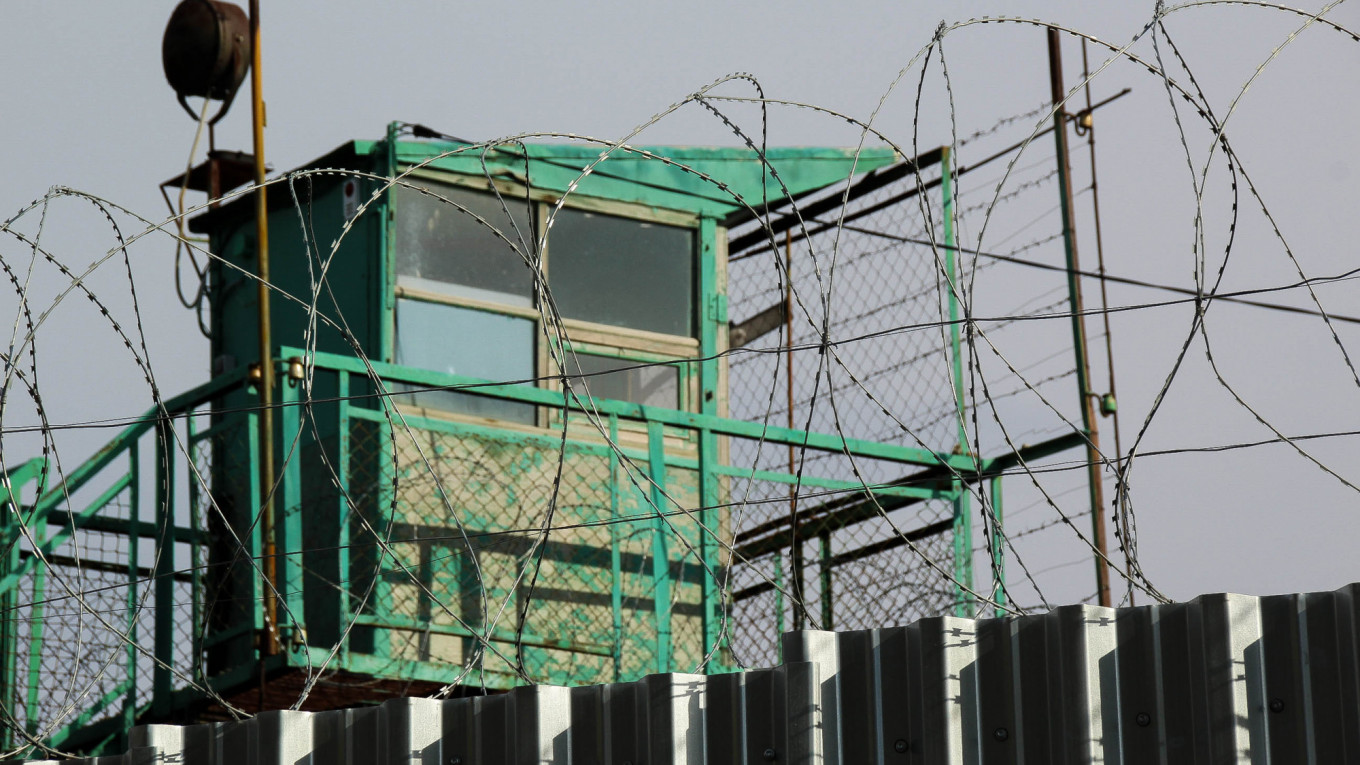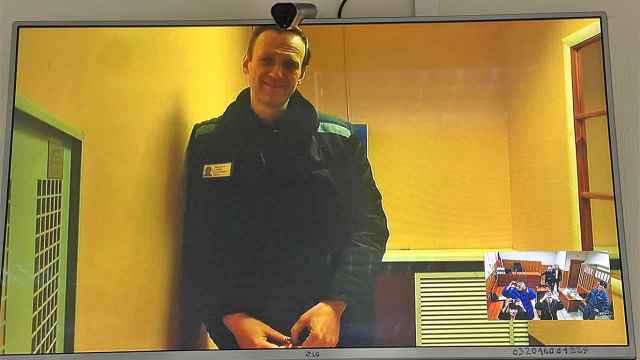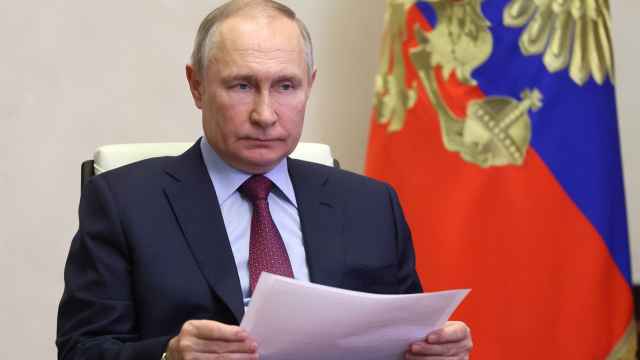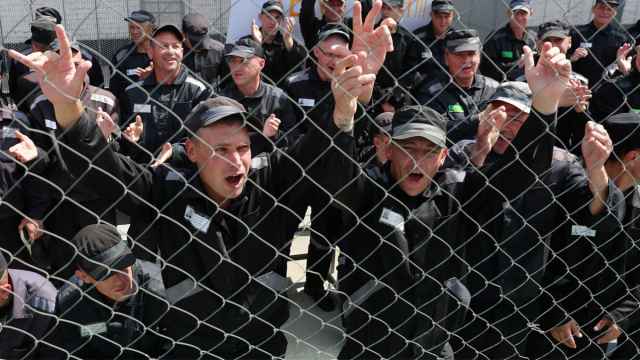Russian investigators on Saturday launched a probe over a riot at a prison involving at least 200 inmates, which a rights monitor said was sparked by abuse.
The incident comes after Russia's prison service earlier this month sacked several officers after harrowing videos emerged of alleged rape and torture at a jail hospital in the central city of Saratov.
The riot kicked off on Friday afternoon at Correctional Colony No. 1 in Vladikavkaz, the capital of Russia's republic of North Ossetia.
The local branch of the Investigative Committee, which probes major crimes in Russia, said that at least 200 inmates took part in "mass riots accompanied by pogroms and destruction of property".
"Special forces officers who arrived at the scene carried out measures to restore order," investigators said in a statement, adding that there were no casualties.
Investigators said they had opened a probe into the organisation of mass riots -- a crime punishable by eight to 15 years behind bars.
On Friday, the Interfax news agency cited the Federal Prison Service (FSIN) as saying that the riot started after two inmates did not obey "planned search activities" and "provoked other prisoners".
But the anti-torture project Gulagu.net, which has sources inside Russia's vast penitentiary system, said on Saturday that the riot began after prison officers began to beat inmates with rubber truncheons.
"To stop the bullying, the prisoners cut their own veins," Gulagu.net wrote on its Telegram channel.
Speaking to AFP, Vladimir Osechkin, who runs the project from France, said that inmates harm themselves to bring abuse to the attention of prosecutors.
He said that Gulagu.net had received a call through its hotline from an inmate who outlined what happened and shared a photo of a prisoner with red marks across his back from what he said was a beating.
"This is standard," Osechkin told AFP. "Prison officers record on video only once the riot has started and share with prosecutors only what inmates have done, not what they do."
Osechkin said the case is reminiscent of clashes last April at Penal Colony No. 15 in the Siberian city of Angarsk, which prisoners and campaigners said were sparked after a guard beat an inmate.
Several prisoners in that case also self-harmed, the FSIN confirmed at the time.
Earlier this month, Gulagu.net published the first videos of what it says is a trove of more than 1,000 files it has obtained showing instances of torture in prisons across the country.
The outcry over those videos was addressed by the Kremlin and led to the Saratov sackings.
Osechkin earlier told AFP that Gulagu.net received the videos — allegedly recorded using prison equipment — from a Belarusian citizen who had served jail time in Saratov and was released in February.
On Saturday, Gulagu.net said that the source, who Osechkin calls "our Belarusian Snowden", had arrived in France and would be seeking political asylum.
A Message from The Moscow Times:
Dear readers,
We are facing unprecedented challenges. Russia's Prosecutor General's Office has designated The Moscow Times as an "undesirable" organization, criminalizing our work and putting our staff at risk of prosecution. This follows our earlier unjust labeling as a "foreign agent."
These actions are direct attempts to silence independent journalism in Russia. The authorities claim our work "discredits the decisions of the Russian leadership." We see things differently: we strive to provide accurate, unbiased reporting on Russia.
We, the journalists of The Moscow Times, refuse to be silenced. But to continue our work, we need your help.
Your support, no matter how small, makes a world of difference. If you can, please support us monthly starting from just $2. It's quick to set up, and every contribution makes a significant impact.
By supporting The Moscow Times, you're defending open, independent journalism in the face of repression. Thank you for standing with us.
Remind me later.






